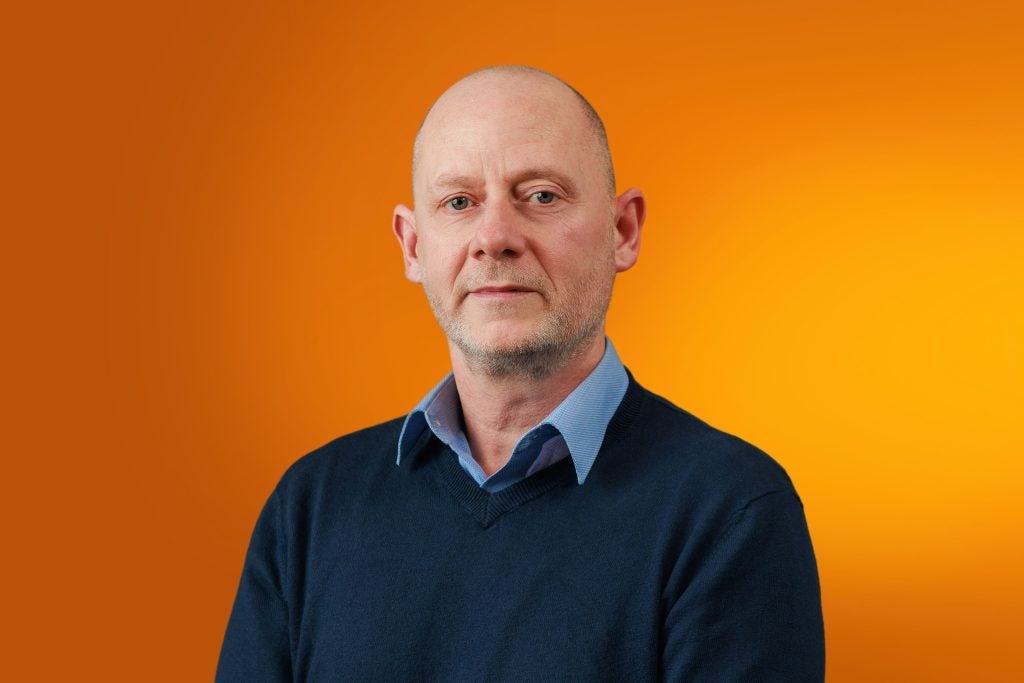2013 saw UK philanthropists donate $1.35billion to various causes. While foundations gave more gifts, individuals gave more money. Wealthy individuals are not only donating to a good cause; philanthropy can also be used as a key way to prepare the next generation for the pledge of wealth they may one day receive.
So what has spurred the wealthy to ‘give while living’ in recent years? Some say it is ego and others say legacy. The economic downturn in 2008 has perhaps encouraged the wealthy to give rather than invest and spend frivolously.
Managing director of Coutts Institute, Mark Evans, divulges the dynamics behind giving and the numerous reasons that clients have become so involved.
Launching in 2005, Coutts philanthropy service was one of the first in the UK. With around 76,000 clients worldwide, Coutts holds one of the largest philanthropy platforms in private banking.
Evans started working as a private banker with Citi Group, spending the first 16 years of his career in London and the next four in Geneva. Evans recalls "Although clients were involved in philanthropy then they didn’t talk about it as much with their private banker."
Evans moved to JP Morgan as a senior private banker. Working with wealthy families based in the UK, Evans found they were interested in philanthropy.
How well do you really know your competitors?
Access the most comprehensive Company Profiles on the market, powered by GlobalData. Save hours of research. Gain competitive edge.

Thank you!
Your download email will arrive shortly
Not ready to buy yet? Download a free sample
We are confident about the unique quality of our Company Profiles. However, we want you to make the most beneficial decision for your business, so we offer a free sample that you can download by submitting the below form
By GlobalDataEvans says "I started to act then as the JP Morgan, London representative for philanthropy. There was a team based in the U.S and they didn’t have anyone based in the UK, so my day job was as a private banker and my evening job was as a philanthropy advisor."
Moving to Coutts, Evans found that working with clients and philanthropy involved many levels of strategic planning. A compassionate and empathetic understanding was pivotal when structuring a giving plan with clients.
"Typically we take clients on a journey that starts with a discussion about their motivations… maybe there has been a family tragedy, perhaps they have a passion for something or they may have a frustration" Evans says.
More recently, Coutts has seen an increase in the number of wealthy families whose motivation to give is encouraged by the aversion of leaving their wealth behind.
Legacy is also an important aspect when it comes to giving. Families are beginning to think in longer terms, seeing philanthropy as an honourable tradition in the family name.
It seems that wealthy families are thinking 4-5 generations ahead with willingness for their family name to stand for something.
Evans says "I think people often want to stand for something, and it might be that they stand for philanthropy as a whole or it might be that they stand for philanthropy that is focused on a particular cause."
The Wealth Taboo
Though clients are more willing than ever to discuss and consider philanthropic activities, it seems the topic is still ‘taboo’ around the dining table. Evans feels that clients are often uncomfortable discussing their philanthropy in public, for fear that the media will misunderstand their reasons for giving.
Evans detailed how clients see giving as a very ‘personal and private’ matter that the UKs wealthy can be ‘reserved and cautious’ about when discussing.
Evans says "It’s sometimes about not knowing how to have the conversation… but it can be a real source of bringing not only a family together but people together."
Though wealthy families in the UK may shy away from divulging their philanthropic accomplishments, it seems philanthropy in the US is a regular topic of discussion. The U.S donated a significant $13.5bn in 2013.
Evans says: "In America it’s a different level of conversation, there seems to be more of a culture of talking about philanthropy in a way that people don’t feel is going to embarrass anybody."
Coutts wants to ‘break the wealth taboo’ bringing clients together for the sole purpose of discussing philanthropy. The bank frequently holds events in order to encourage clients to engage and discuss their stories. Evans believes this helps clients establish the route they wish to take when it comes to giving.
"If you put people in a room that have similar interests in philanthropy, within five minutes they will be talking to each other because they feel that the reason they have all come together is because they want to have this conversation," Evans says.
Breaking the ‘wealth taboo’ is a seemingly big issue for many families when it comes to dealing with wealth. Evan’s describes how fears for the next generation’s inheritance and spending habits can be addressed by philanthropy.
"Just because you are born into a wealthy family doesn’t mean that you are born knowing how to manage wealth, you’ve got to learn that like anybody else. Many parents worry that too much could rob the next generation any sense of purpose or ambition," Evans says.
Social Impact Philanthropy
Other banks with philanthropic platforms such as C.Hoare & Co, work with clients when it comes to giving. The bank does not have a philanthropy advisory service but instead has the Golden Bottle Trust. The bank is onto the 11th generation of family and has been historically involved in philanthropy for 350 years.
The Golden Bottle Trust, which was established by the partners of the bank in 1985, donates money to a wide range of causes. Each year, the partners give some of the bank’s profits to the Golden Bottle Trust.
CEO, Jeremy Marshall says: "The advantage of being owned by a family is that you can take a long term view; one of the pillars of the family is philanthropy, so it is absolutely top of our set up."
Determining the recent increase in philanthropy Marshall says: "Since 2008 I would say, there has been a definite increase in interest in philanthropy. It’s not just about money it is also time and I think people get the most satisfaction out of giving both. People are trying to make charity more professional so they are giving both their time and their money."
Marshall feels that the repercussions of the financial crash in 2008 have perhaps led people to immerse themselves in philanthropy. "It’s a moral reason really, I think 2008 exposed that living a life of greed and spending as much money as possible is empty," he says.
Discussing the trust Marshall adds:"We don’t do philanthropic advice; we think most of our clients have their own ideas. It’s not really our business what people want to do in philanthropy and everybody is different, everybody has different areas of interest so I think, to make it a formal advisory service, is not our way."
The bank also has The Master Charitable Trust (MCT) which launched in 2011 and has become ‘very popular’ over the years. It is a donor advised fund, which provides clients with an easy, cost effective and tax efficient way to donate to charity.
Describing the trust Marshall says: "The big advantage is that you can run the money yourself in the trust. We aren’t trying to make money out of this service; it is a way of promoting more philanthropy."
Whereas some banks have an intense advisory process structured upon many levels, Marshall believes that different types of philanthropy are more suited to certain client’s.
Though Coutts involvement in philanthropy takes a different approach to C.Hoare & Co, the bank does have a long history of working in philanthropy. Angela Burdett Coutts was one of the great Victorian philanthropists. Describing the banks history Evans says: "Due to this we often say that philanthropy is in Coutts DNA."
Coutts main focus in its philanthropy advice is to bring families together and ultimately protect their wealth. The bank deals with a high number of families covering numerous areas of wealth succession.
Evans says: "It can become a second career for some family members and in fact when we are talking to family business owners or families of wealth where somebody is contemplating retirement we often say ‘don’t think of yourselves as retiring from something, think of yourself as retiring to something’.
Looking to the future
It seems that the appeal of philanthropy is growing. Looking to the future Evans says: "Everyone I talk to thinks that the trend is positive for philanthropy, and that there will be more advisors, and some of them will work with private banks and wealth managers and some of them will work as independent consultants."
The more engaged donors are with their philanthropy, the more enjoyable it will be and the greater their chances of success.







